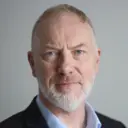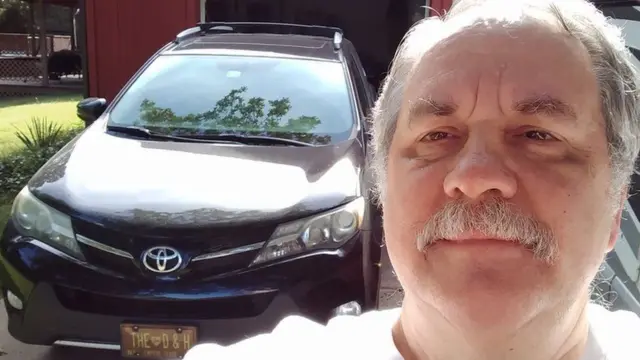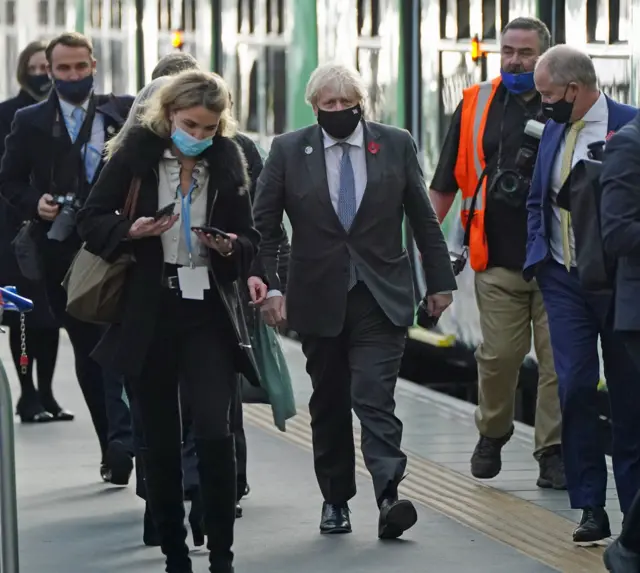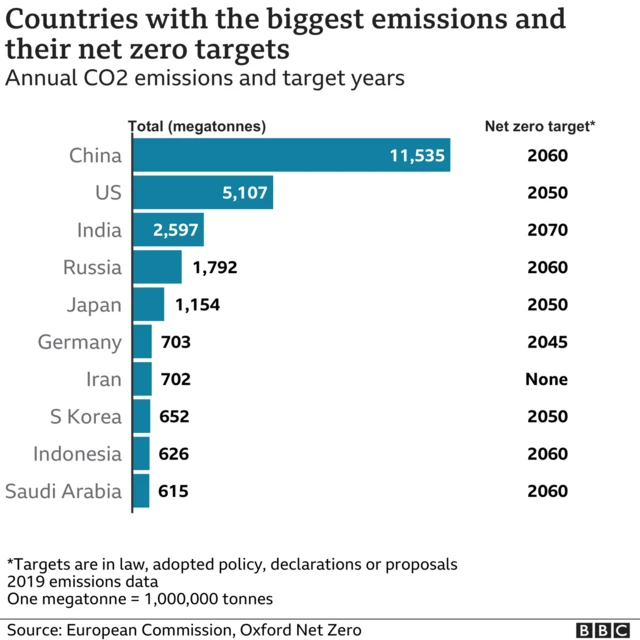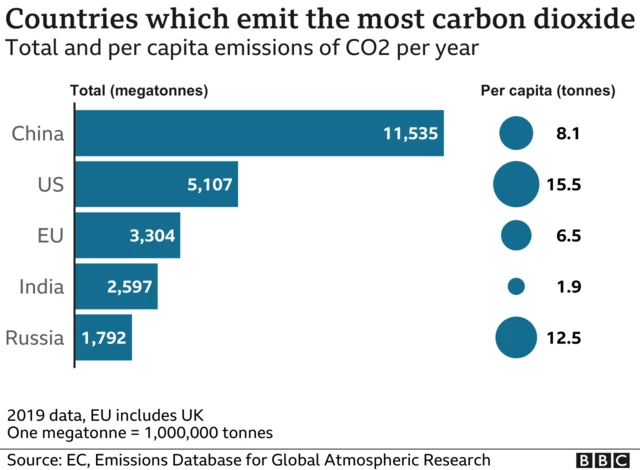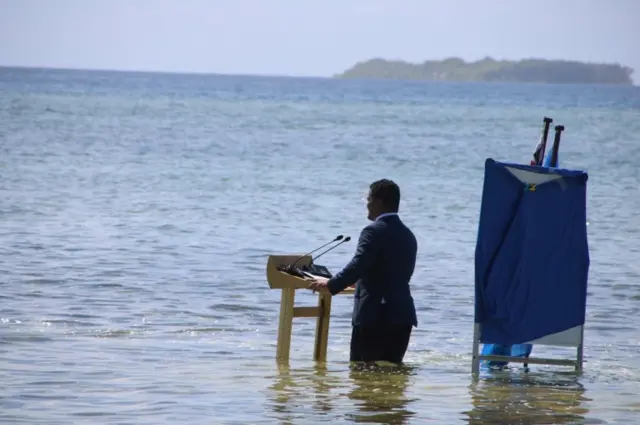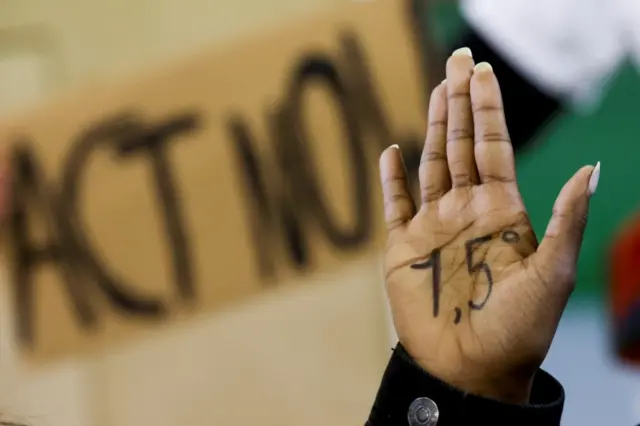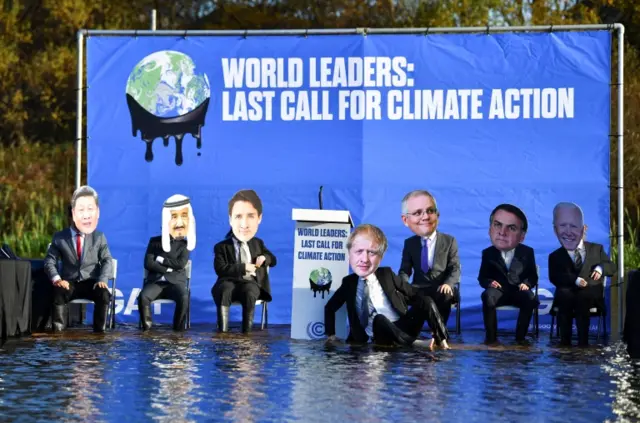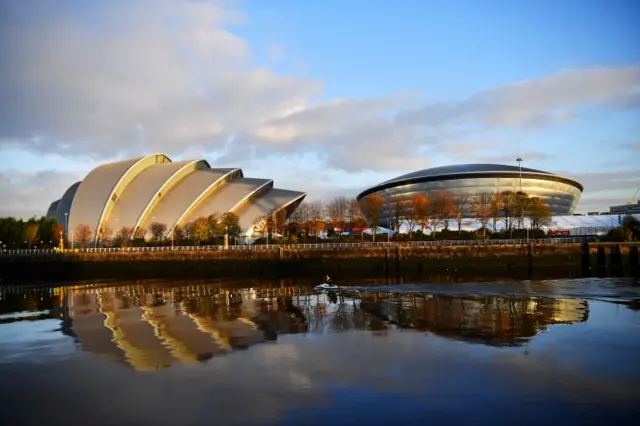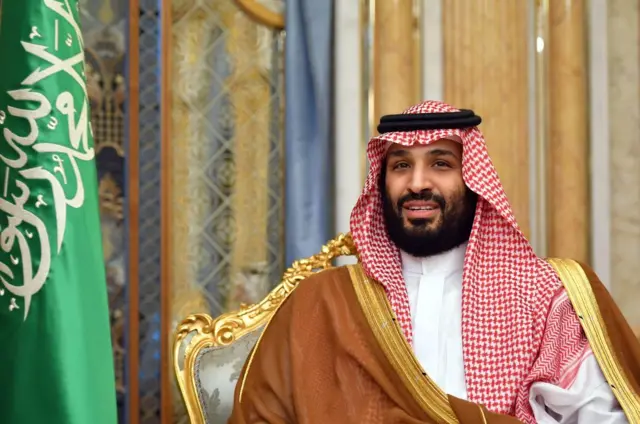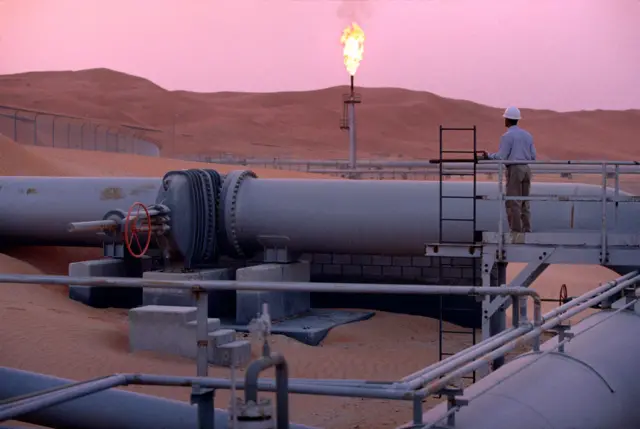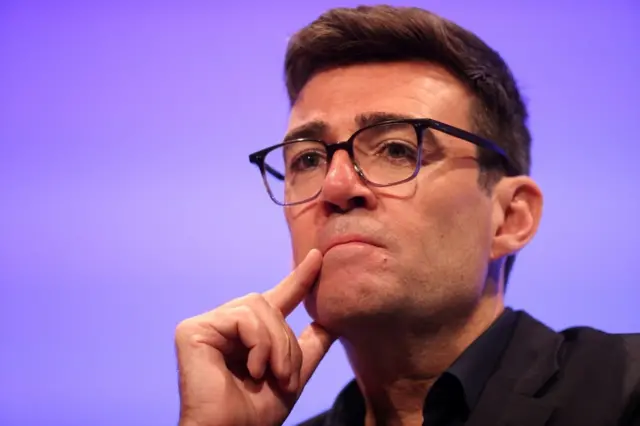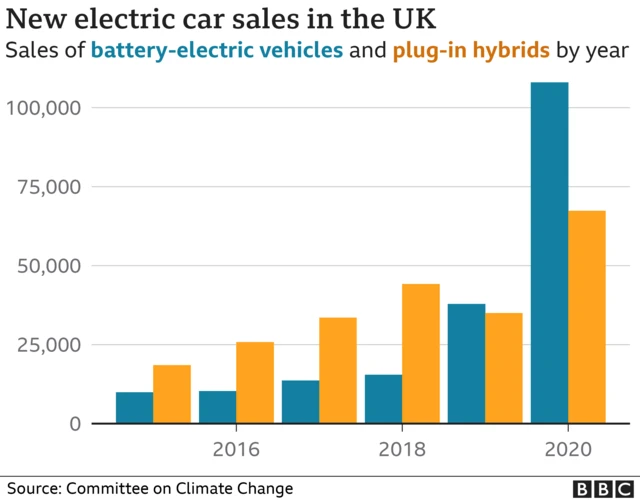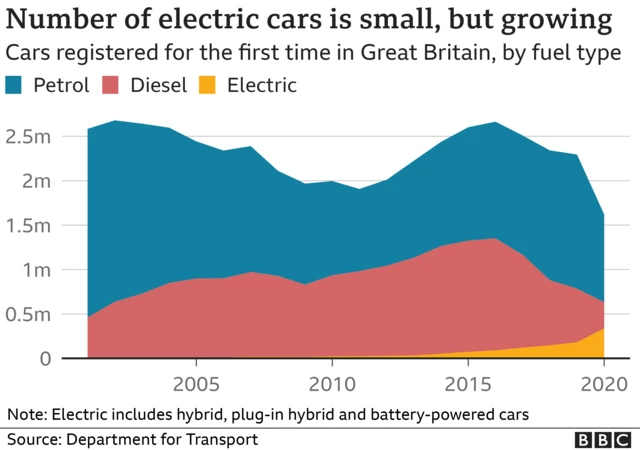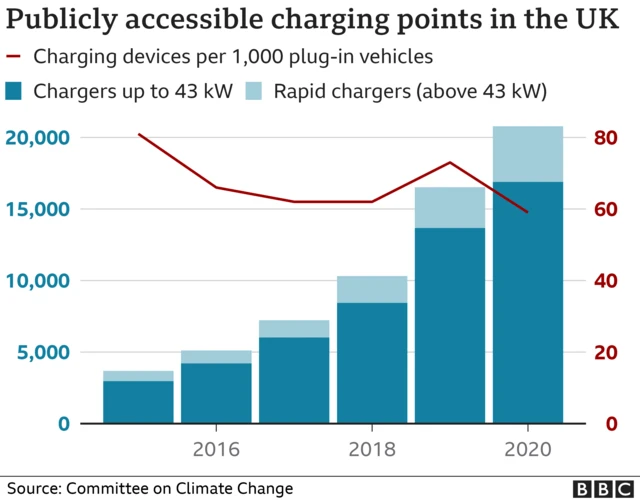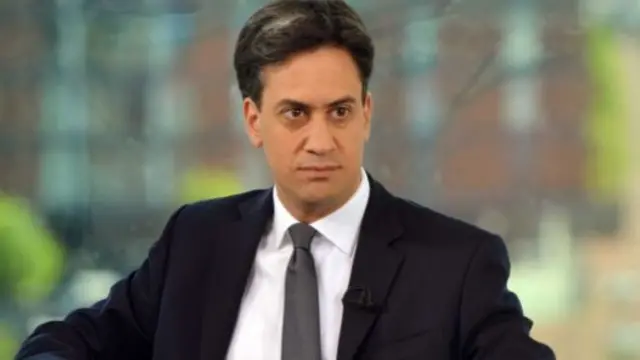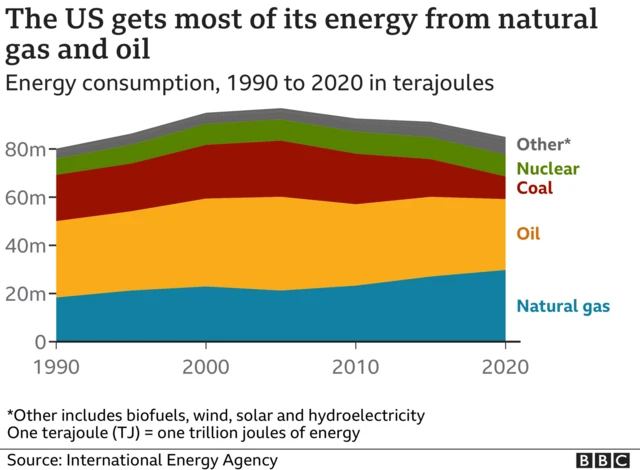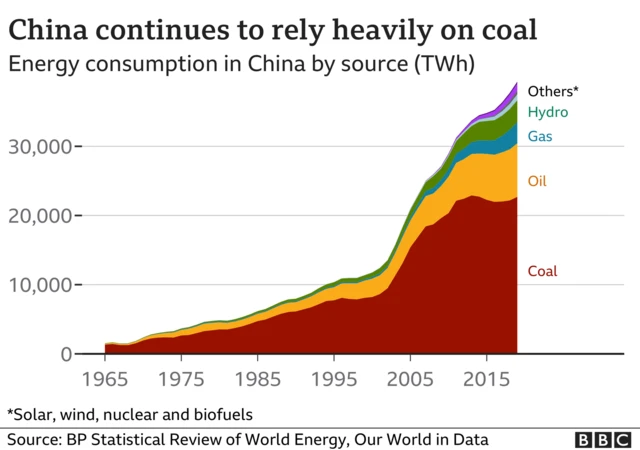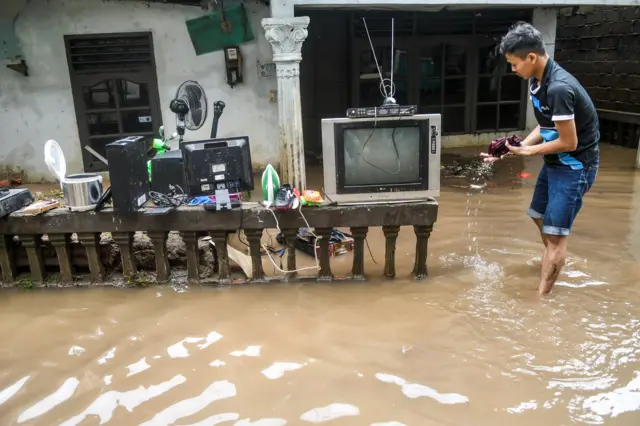Saudis push green credentials despite oil dependencepublished at 14:32 GMT 10 November 2021
 Sameer Hashmi
Sameer Hashmi
Middle East Business Correspondent, BBC News
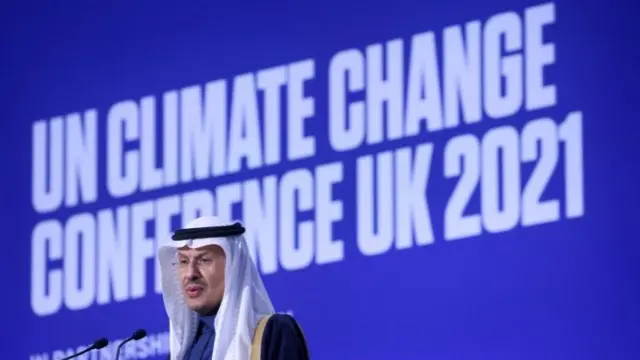 Image source, Reuters
Image source, ReutersSaudi Arabia's Energy Minister, Prince Abdulaziz bin Salman, has denied it is obstructing negotiations
Last month, Saudi Arabia caught the world’s attention when it pledged that it would target net zero carbon emissions by 2060.
Its plan to tackle climate change includes an investment of almost $190bn (£141bn), planting 450m trees, reducing 200m tonnes of carbon emissions by 2030, and attempting to turn Riyadh into a more sustainable capital city.
In making the announcement, analysts say the world’s largest oil exporter wanted to ensure its continued seat at the high table at global climate change talks.
But the Saudis have also vehemently pushed back against calls to phase out fossil fuels, and have no immediate plans of reducing oil production.
On the contrary, they are looking to pump out more oil, as demand is expected to remain firm, especially from energy-hungry China and India.
Saudi Arabia earns more than half of its revenues from oil exports. And even though the kingdom has been aggressively pursuing a strategy to diversify the economy by investing in new industries, it would take time for these sectors to start contributing substantially to GDP.
